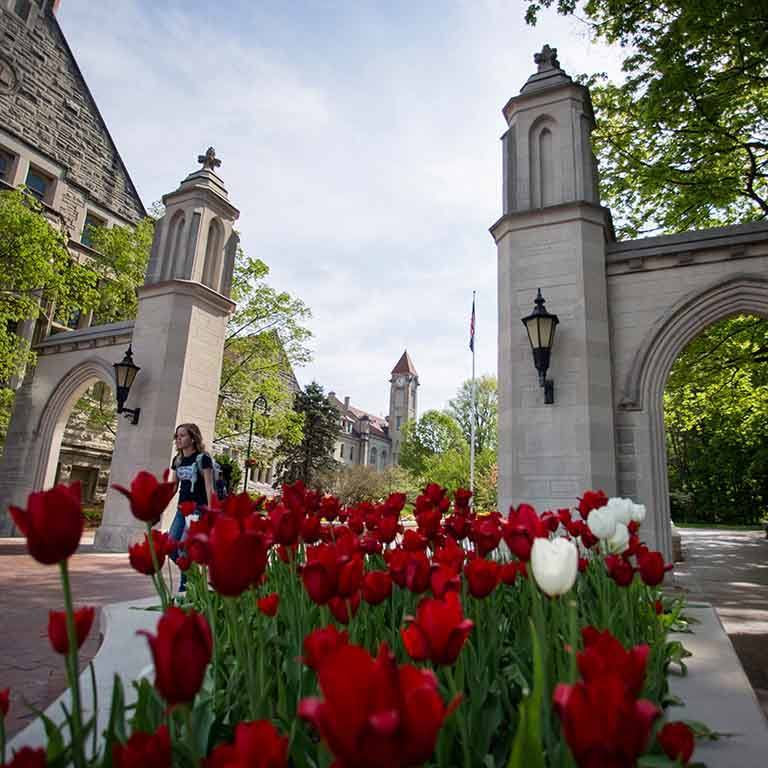- Ph.D., University of Pennsylvania, 1968
- M.A., University of Pennsylvania, 1963
- B.A., Mary Baldwin College, 1960

Mary Ellen Brown
Professor Emerita, Folklore

Professor Emerita, Folklore
My research interests are primarily historical, focusing on the intellectual history of the study of materials designated “vernacular,” particularly ballads and folksongs. I began with an interest on 18th and 19th century Scottish materials, exploring the ways canonical authors like Robert Burns ( Burns and Tradition, London: Macmillan, 1984) used available cultural resources in their work. More recently I have examined the life and times of William Motherwell, a collector/editor of ballads, poet, journalist, writer for the periodical press, and political spokesperson ( William Motherwell’s Cultural Politics).
My research has almost always circled around one extraordinary collection of texts ( The English and Scottish Popular Ballads, 1882-1898), edited by Harvard’s first professor of English, Francis James Child. Over and over again I have consulted his papers at the Houghton Library at Harvard University. Some ten years ago, I began to explore those papers in a more systematic fashion seeking to understand how Child was able to produce an edition of 305 different ballad stories, provide all then known versions of each, and preface the ballads with elaborate historical and comparative introductions. I wanted to know his research questions, to understand his methodology, and to uncover more of the scholarly assumptions that lay behind his work than earlier scholars had provided. The massive manuscript volumes arranged and ordered by Child’s literary executor, George Lyman Kittredge, and held by the Houghton Library became my primary focus. It was immediately obvious how central letters from helpers/collaborators, especially from the British Isles, were to his work, especially those of a Scot William Macmath.
In fact, Macmath himself had kept a record of all of his communications with and for Child and his ballad project, now housed at the Hornel Library, Kirkcudbright, Scotland. His record became essential to answering some of my questions, especially as Macmath kept all of Child’s letters to him as well as copies or summaries of his own letters to Child. Thus the manuscript materials at the Houghton and the Hornel libraries became my central data, supplemented by letters from other American and European depositories. Child’s Unfinished Masterpiece: The English and Scottish Popular Ballads (University of Illinois Press, 2011) offers some of my conclusions.
I call myself an historical ethnographer to emphasize my preoccupation with the past as well as my connection to general ethnographic endeavors. While I cannot observe or ask questions directly, I do, of course, ask questions and sift through the information available (masses of manuscript letters for example) to find answers and draw conclusions. I suspect and hope that what I glean is as “objective” as face to face interrogation and observation, maybe more so as any power differentials that might affect responses simply are not there in an obvious way; manuscript sources are not trying to answer questions in ways which might please me. However, I clearly “interpret” against my own personal experiences and theoretical biases. I feel more comfortable thinking of ethnography as a humanistic endeavor rather than “scientific”; and yet my methodological approaches are social scientific, with stress on acquisition of data before generalizations and interpretations. This approach or “methodology” has most especially informed my work on Motherwell and Child and his many correspondents, at home and abroad.